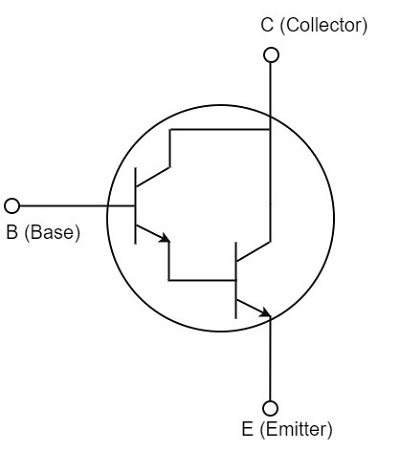Hello,
I've a lot of OC1045 GE transistors, with a very low leakage and low gain ( 20 - 30 hfe ). I've searched what to do with these transistors, and I found an article from AMZ that explains what to do with high leakage transistors.
AMZ Germanium Transistor Buffer
But I think I need to rise R4 with the OC1045.
Zin = ( B + 1 ) x R4
Supposly that I have some AC128 with 100 hfe:
Zin = ( 100 +1 ) x 10000 = 1M
but for the OC1045 with 20 hfe:
Zin = ( 20 +1 ) x 10000 = 210K
It's a bit low impedance for a buffer no?
I'm wrong?
please correct me if it's wrong.
Anybody help me to calculate the Zout?
Thanks.
I've a lot of OC1045 GE transistors, with a very low leakage and low gain ( 20 - 30 hfe ). I've searched what to do with these transistors, and I found an article from AMZ that explains what to do with high leakage transistors.
AMZ Germanium Transistor Buffer
But I think I need to rise R4 with the OC1045.
Zin = ( B + 1 ) x R4
Supposly that I have some AC128 with 100 hfe:
Zin = ( 100 +1 ) x 10000 = 1M
but for the OC1045 with 20 hfe:
Zin = ( 20 +1 ) x 10000 = 210K
It's a bit low impedance for a buffer no?
I'm wrong?
please correct me if it's wrong.
Anybody help me to calculate the Zout?
Thanks.


Comment